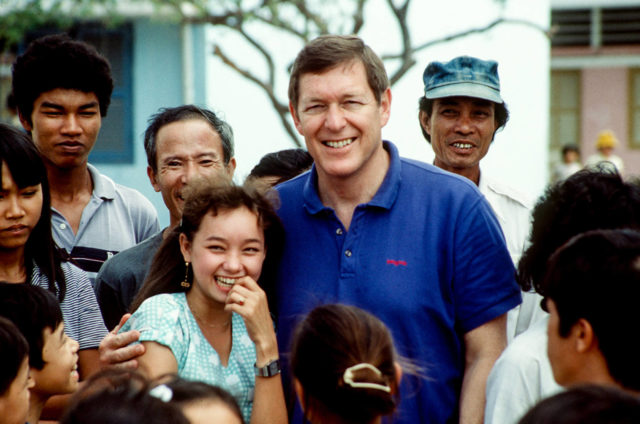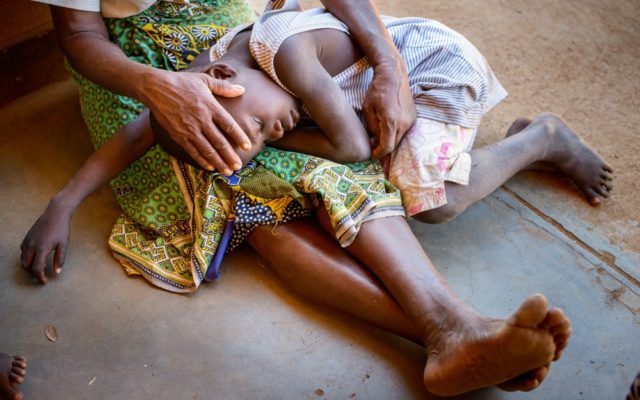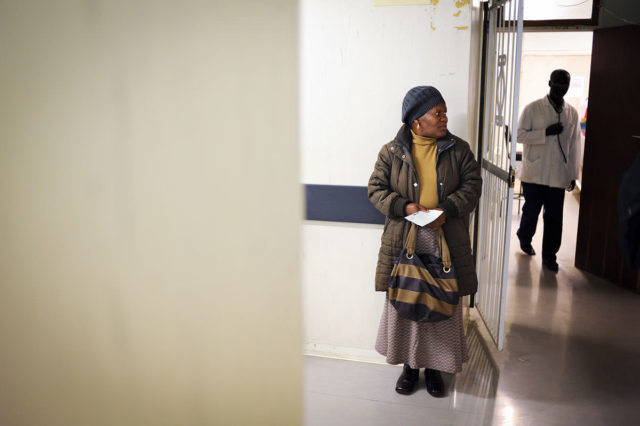World Vision celebrates moments in its 70-year history when staff glimpsed God’s hand in key breakthroughs, resulting in life-saving impact. Seven stand out.
South Africa
Why World Vision is in South Africa
The worst drought in more than a generation gripped South Africa in 2015 and poor harvests left 29 million people in southern Africa without reliable access to food, according to the United Nations. HIV and AIDS continued to ravage the area, as did high levels of violence against women and children. Both proved daunting tasks for South Africa to solve. World Vision responded to South Africa's drought by working with farmers to increase their food and income sources. For example, we provided chickens to households so they could consume and market the eggs. We addressed the HIV and AIDS health crisis by empowering church leaders through a unique program called Channels of Hope. The program educates church leaders using a curriculum that focuses on preventing the spread of HIV, eliminating mother-to-child transmission, and caring for people living with the illness. We also joined in the nation's commitment to increase child protection by conducting awareness campaigns on child protection laws and policies.
We never give up on people
With so much happening around the world, it can be hard to decide where your money can have the greatest impact. With your help through the World Vision Fund, you’ll be meeting critical needs both today and tomorrow, helping people rebuild in the wake of disasters and empowering entire communities to lift themselves out of poverty.
Give to the World Vision Fund ❯
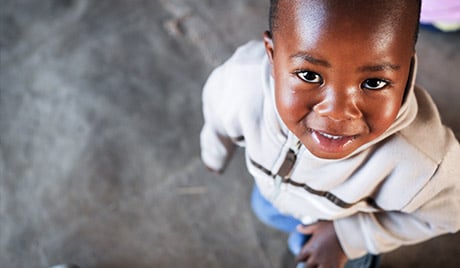
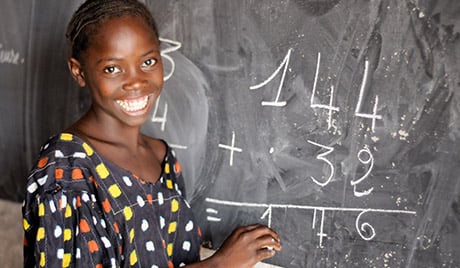
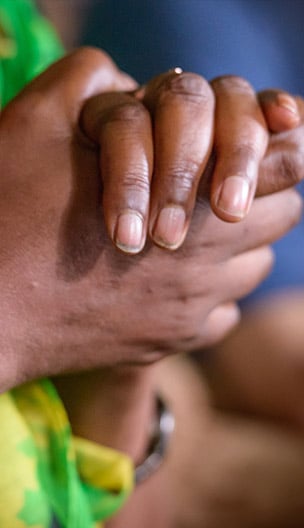
Prayer Requests from South Africa
World Vision's staff in South Africa are asking us to join them in prayer for the following:
Pastors to be effective leaders in the quest for child protection.
Children to stay in school and expand their future opportunities.
News from South Africa
Covering the world in prayer: Pray for Southern Africa
Pray with us for Southern Africa — for malaria prevention in Mozambique and Zambia, people living with HIV and AIDS in Eswatini (Swaziland), and for peace in the Democratic Republic of the Congo.
Pride and prejudice
FEB. 1, 2013, SOUTH AFRICA — South Africa’s patriarchal society denies women a voice on issues affecting them most: gender equality, child abuse, rape, and high HIV rates. But now many are standing against the denial and prejudice associated with HIV by learning to live productive lives.
Enjoyed learning about South Africa?
Now discover another country:


